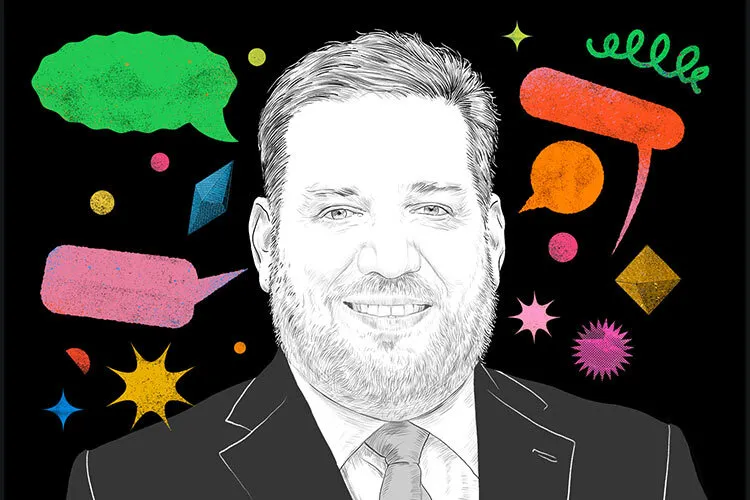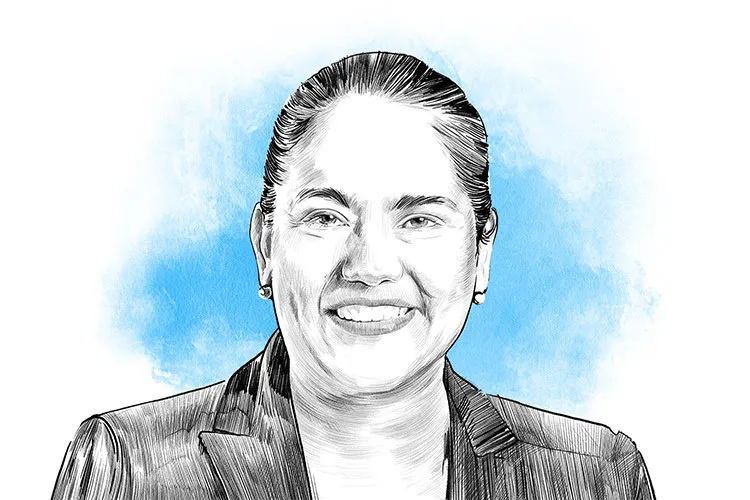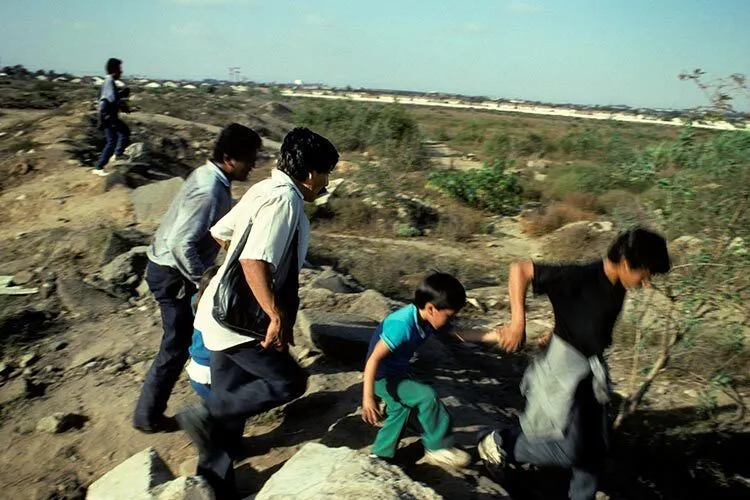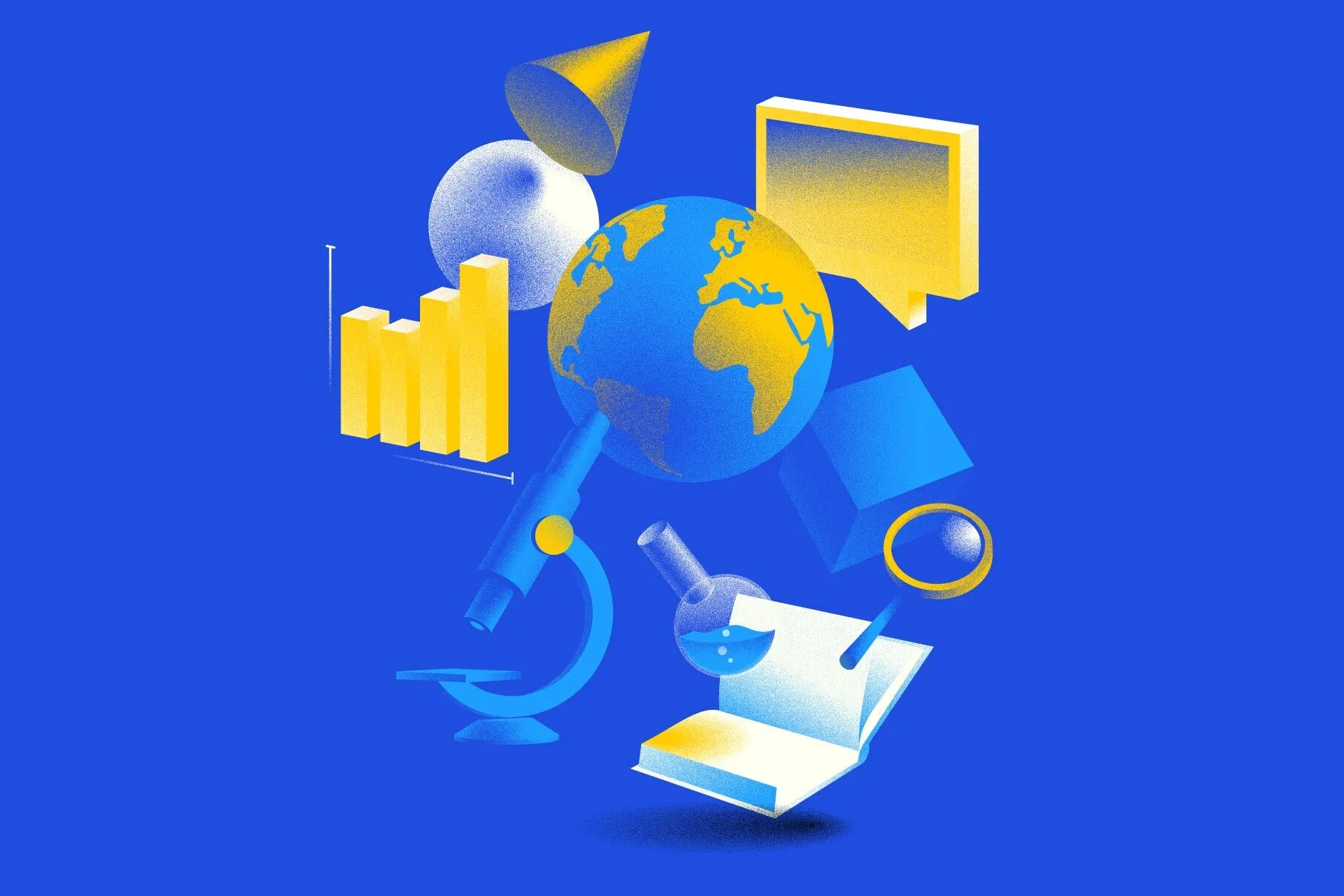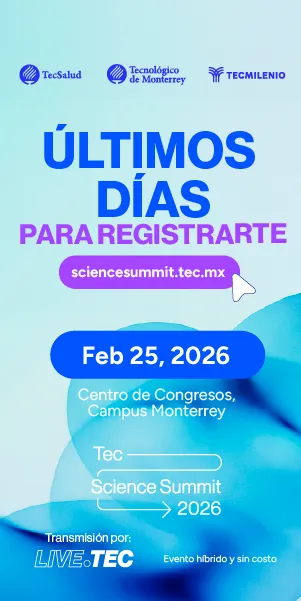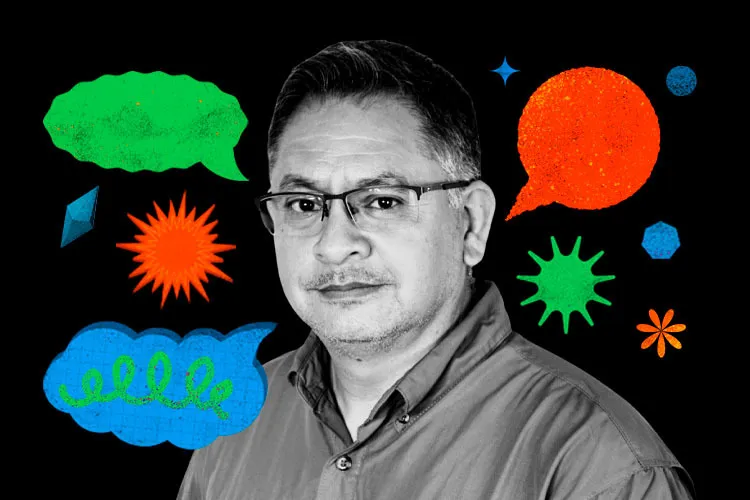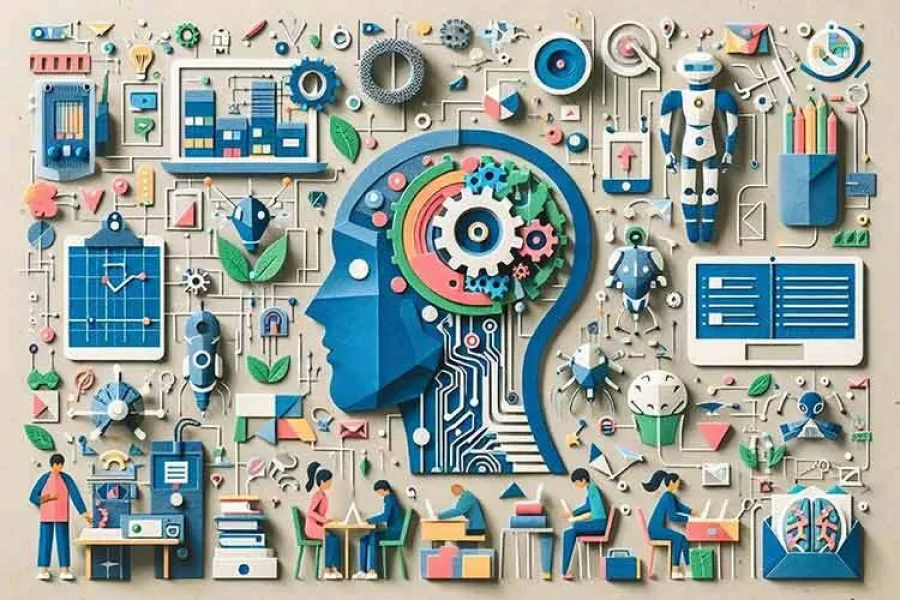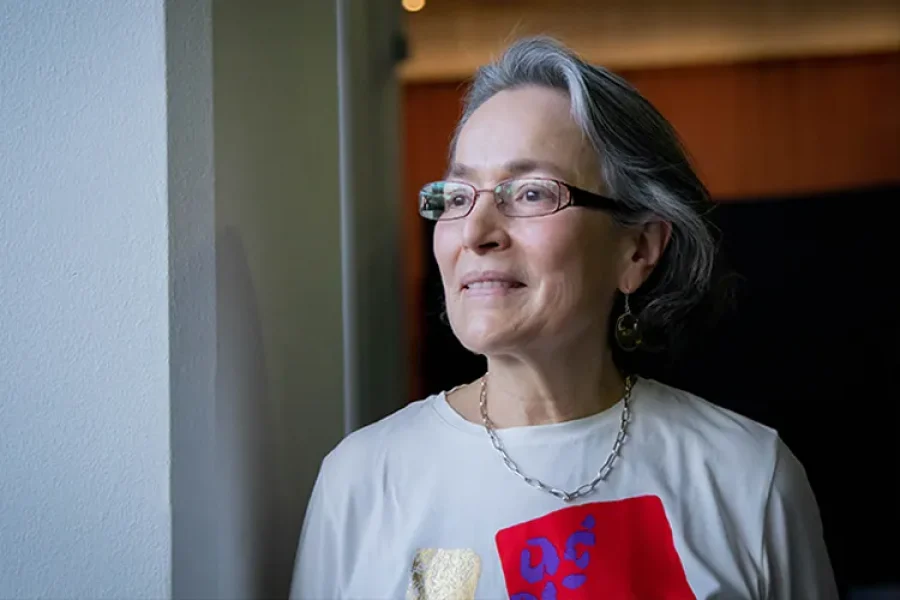Every day, we hear news about the crisis generated by climate change and the need to shift towards renewable energy, the emergence of new diseases, and the ability of artificial intelligence to process information that helps generate new antibiotics. This is just to name a few of the many challenges science faces and its advancements.
The issues are there, but do we truly understand their importance?
I think about the 2021 film Don’t Look Up, where an astronomer, played by Leonardo DiCaprio, tries to warn the world about an impending catastrophe, yet the audience remains indifferent and ignores the warning.
Unfortunately, that parody reflects our society and remains as relevant as ever.
Achieving scientific literacy in our society, in a way that is informed and critical, is more important than ever so that we can all make decisions that promote a better life on the planet.
The concept of scientific literacy was popularized by Paul Hurd in 1958 when he argued that the immediate problem in education was to “close the gap between the wealth of scientific achievements and the poverty of scientific literacy in the United States.” For Hurd, the rapid innovation in science and technology demanded an education “appropriate to face the challenges of an emerging scientific revolution.”
Underlying Hurd’s call was the idea that “certain knowledge of science is essential preparation for modern life.” Scientific literacy focuses on developing basic skills and knowledge in science, technology, engineering, and mathematics (STEM) so that people can make informed decisions on issues affecting their daily lives.
Scientific literacy involves more than knowing basic concepts; it is the ability to use information to analyze and understand how science is shaped by society.
The Programme for International Student Assessment (PISA) framework from the Organization for Economic Co-operation and Development (OECD) defines scientific literacy as “the ability to engage with science-related issues, and with the ideas of science, as a reflective citizen.”
Of course, the dissemination of science and the resulting scientific literacy face several challenges, such as the complexity of scientific language, misinformation, pseudoscience, and digital divide. Therefore, the use of clear and accessible language, the validation of scientific information through reliable sources, and promoting digital literacy and equitable access to information are all essential. Finally, collaboration among scientists, communicators, and educators is crucial to develop effective strategies for science outreach and literacy.
By communicating scientific concepts in an accessible manner, understanding is fostered, and critical thinking, evidence analysis, and evaluation are promoted, which allows for informed decision-making on health, environmental, and technological issues that impact our lives.
Providing access to scientific information strengthens democracy by encouraging a more informed and participatory citizenry in political and social decision-making. Perhaps that is why the newly inaugurated government of our neighbors to the north is so hostile to it.
Jorge Eugenio Valdez García is the Director of Internationalization Linkage at TecSalud, and a research professor at the School of Medicine and Health Sciences at Tec de Monterrey. He is a member of the National System of Researchers and a full member of the Mexican Academy of Surgery. He is a scientific editor at TecScience.
